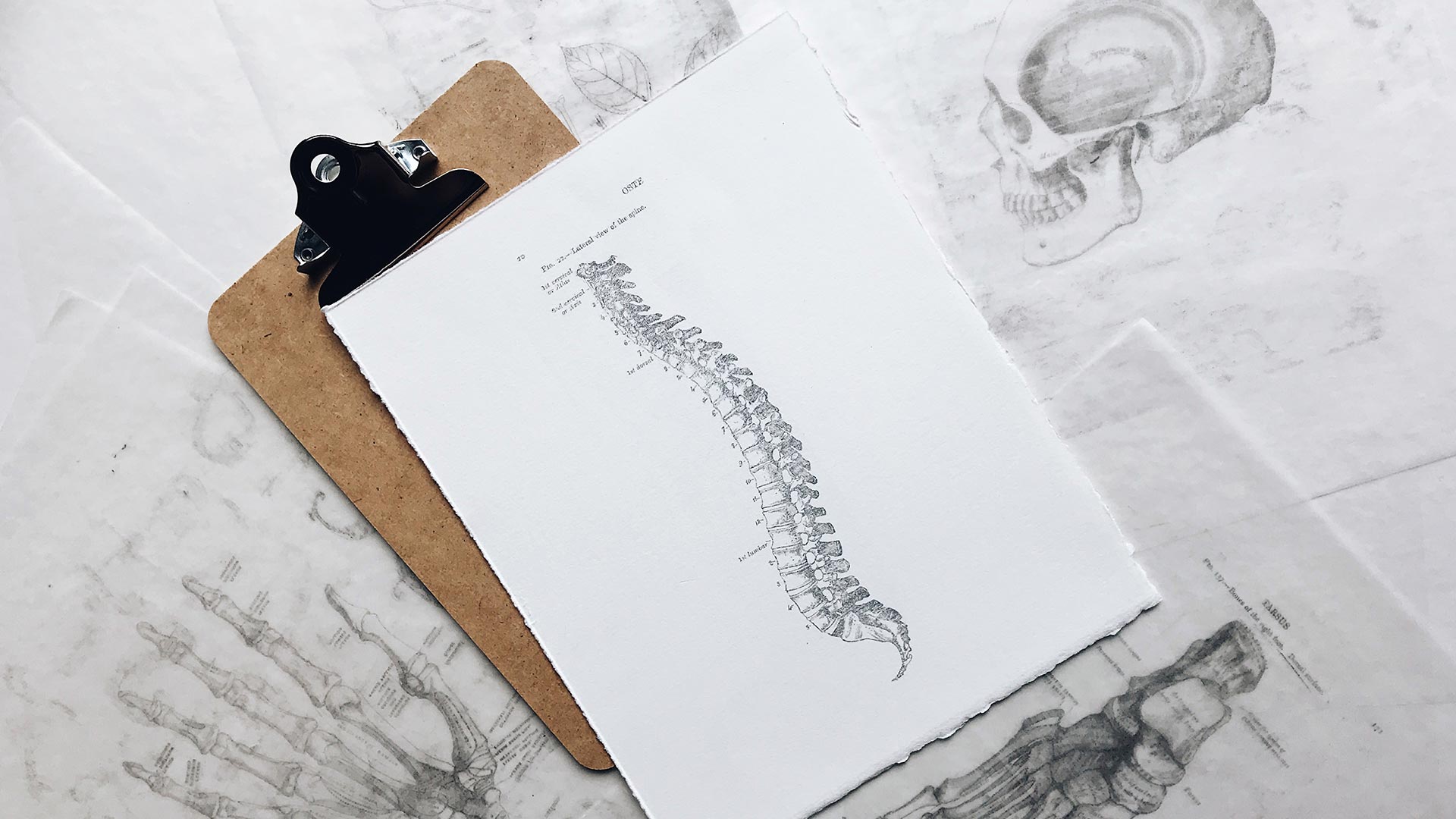First navigation-assisted endoscopic spinal procedure performed in the Western Cape
Drickus Maartens • January 23, 2020
Newly introduced procedure provides treatment option for previously inoperable spine patients
An ultra-minimally invasive, navigation-assisted endoscopic procedure was recently performed for the first time in the Western Cape to treat a degenerative condition of the lumbar spine.
Orthopaedic surgeon, Dr Shawn Venter and his team at Netcare Kuils River Hospital’s Spine Centre successfully completed the complex surgery. New state-of-the-art Ziehm
3D C-arm navigation technology, which gives a three-dimensional view of the anatomy to enable a high degree of surgical accuracy, was used to guide the procedure.
“This exciting new surgical technique offers a whole new dimension for the treatment of degenerative spinal conditions, as well as acute disc herniations. Importantly, this intervention is performed under conscious sedation and allows surgical intervention in patients for whom traditional open spinal surgery was deemed too risky to undertake. Shortened post-operative recovery time is a major benefit in frail patients,” comments Dr Venter.
According to Dr Venter, the 3D navigation technology aided in more precise placement of instrumentation to guide the transforaminal endoscopic discectomy and foraminoplasty procedure in this patient, who had foraminal stenosis secondary to degenerative changes in his spine that caused intractable leg pain due to nerve entrapment. This condition, which occurs more commonly in elderly people, was successfully treated and the patient was able to go home the day after the procedure.
“Endoscopic spinal surgery is well established internationally and I have travelled extensively to train with the leaders in the field to attain the skill-set and make this type of surgery a reality in South Africa.” adds Dr Venter.
Dr Venter says the 3D navigation technology was recently acquired at Netcare Kuils River Hospital. “Used In conjunction with Brainlab spinal navigation software, the system significantly enhances the accuracy of our surgical interventions, resulting in extensive benefits for all kinds of spinal procedures including spinal fusion, minimally invasive spinal surgery and now endoscopic spinal surgery.”
Netcare Kuils River Hospital general manager, Mr Nolan Daniels, explains that the Spine Centre is a group practice of specialists who focus exclusively on the diagnosis and management of spinal pathologies. The centre provides a holistic approach to the treatment of patients with spinal conditions, which includes pain management procedures, as well as open and minimally invasive procedures.
Dr Venter has completed extensive training courses in endoscopic spinal surgery and minimally invasive surgical techniques. He has travelled to Europe, USA and India for training with leaders in the field of endoscopic and minimally invasive spinal surgery. Recently, Dr Venter achieved accreditation in endoscopic spinal surgery after completing an intensive mentorship programme in endoscopic surgery. Dr Venter joins a select few surgeons in South Africa performing endoscopic spine surgery.
In addition to Dr Venter, two other orthopaedic surgeons practise at the Spine Centre, namely Dr Reggie King, whose special field of interest is degenerative spinal conditions, and Dr Jack Eksteen, a consultant who advises on treatment plans for complicated cases and who also assists Dr King and Dr Venter in theatre with selected cases. Dr Jack Finestone, who will shortly qualify as Neurosurgeon, is currently working at the Spine Centre to broaden his spinal surgery knowledge and skills, and is planning to join the practice full time upon qualifying. Dr Else Sliep, a general practitioner, supports the surgeons by preparing patients for surgery and with post-operative rehabilitation. Dedicated teams of physiotherapists and occupational therapists, as well as a qualified dietician support the surgical team.
“Boasting cutting-edge technologies, a comprehensive multi-disciplinary spine team including esteemed orthopaedic surgeons, the Spine Centre at Netcare Kuils River Hospital has rapidly become a leading facility and pioneering hub with cutting edge technology in the Western Cape for the diagnosis and treatment of spinal conditions, with patients being referred to the centre from throughout the region and the African continent,” says Daniels.













